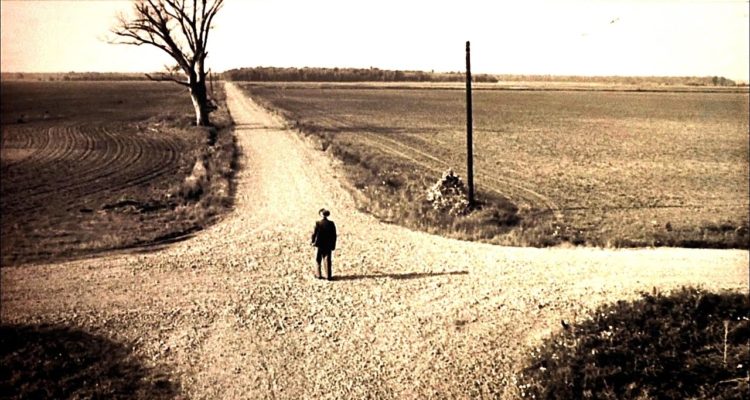Life is synchronized by seasons, turns and shifts. We have fall, winter, spring and summer; we have seasons of birth, life, death and taxes. We vote in new politicians, take summer vacations and send our kids off to high school and college.
These transitions are primarily about change. There are seasons in the life of a single person and for those who are married. The same goes for paid and volunteer youth workers. Some life twists and turns are relatively easy, such as moving a day off from Thursday to Friday, whereas other transitions are tough and overwhelming, such as losing your job or a loved one.
There are personal and professional transitions. This could mean health changes, ministry frustrations, aging parents or a recalibration of relationships. Think of the life turns for shepherd boy David, shifting to giant slayer to running for his life from his father-in-law to being anointed as king to a personal crash of adultery and murder. His sons were out to kill him in his later years, and then David transitioned to his succession plan.
How does one know when transitions begin and end? You usually don’t know until someone has a crisis, a breakthrough, a life change, or a friend asks you about your hopes for the future. There are five factors to consider while voyaging though transitions.
First: Discussion. Life shifts are about starting dialogue and conversations with significant stakeholders and those who know you well and wise sages.
Second: Honesty. Recently I had to have a hard conversation with one of my older students who feels called to youth ministry. He wants to go on for more education, and I encouraged him to get ministry experience before he heads to graduate school. I told him, “Danny, right now you don’t need more knowledge. You need experience. Go get a job and see in three to five years if you are really called or not.”
Third: Considering new territory. Maybe you are bored with your situation. Have you considered moving? Perhaps stayed too long? Are you restless because you never wanted to put your tent pegs into the ground for any length of time? Transitions are about taking risks.
Fourth: Transitions are about being stretched. I meet many people who hit a wall in life and never seem to recover. I believe God uses conflict as part of this landscape we call seasons or transitions. This time of stretching can cause us to worry, fear, run or remain persistent, upbeat and hungry for more.
My friend Joel has been settled for a long time. Then his mother became ill, and his brothers and sisters did not want to move to help. With a job he loved and students who adored him, it would take a radical move in his heart to leave his dream job. Yet something his wife said to him one day clicked. “Your mom only has a few years left. We can all finish well together.” It was the best and hardest decision of his life to move near his mom.
In what transition are you?
Transitions are dynamic, stressful and fluid. We sometimes don’t know how we arrived at that destination.
God knows.
Life turns can be scary, exciting, excruciating, marvelous, wild and crazy.
Transition well. Don’t fight it. It’s going to happen to all of us—perhaps sooner than you think.
David Olshine is director and professor of Youth Ministry, Family and Culture at Columbia International University in South Carolina. He is the author of Youth Ministry: What’s Gone Wrong and How to Get it Right (Abingdon Press) and the brand new Studies on the Go: James, 1-2 Peter and 1-3 John (Zondervan/Youth Specialties). He is the cofounder of Youth Ministry Coaches.




